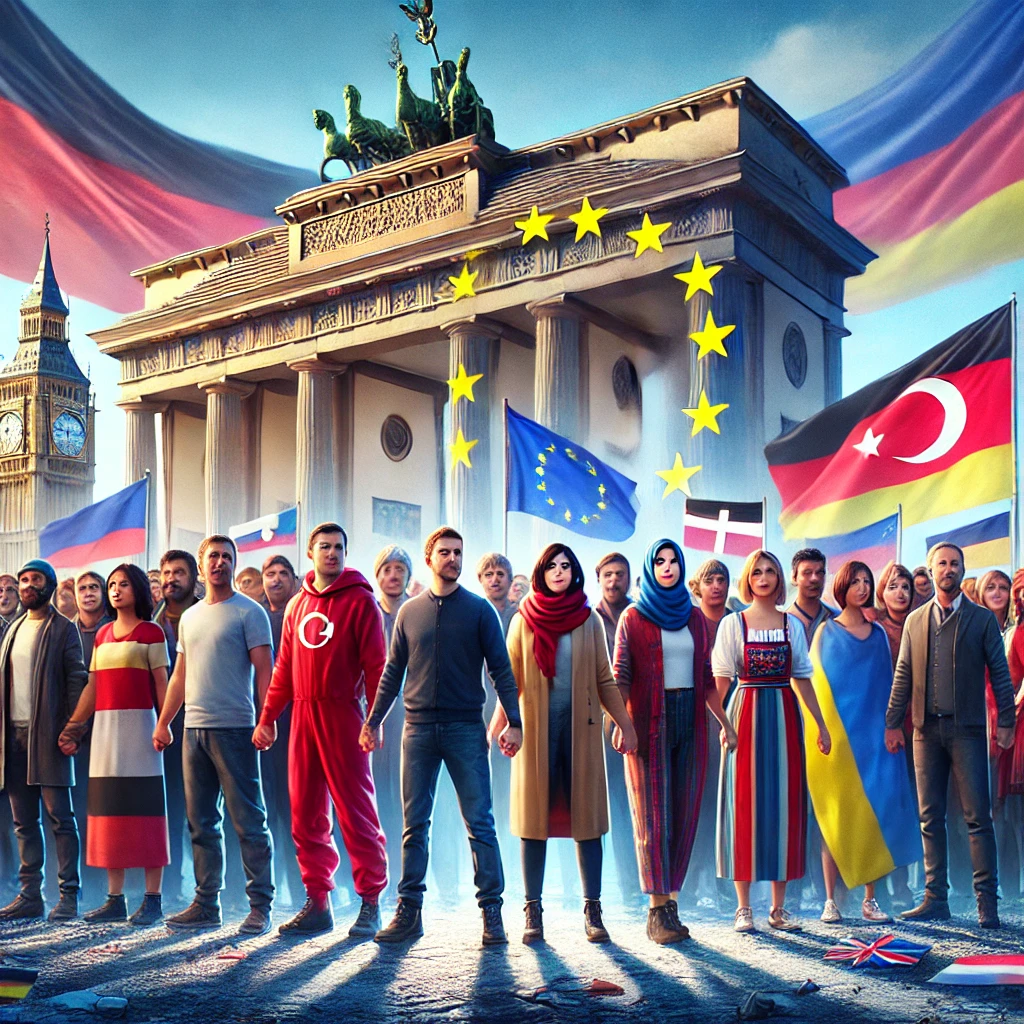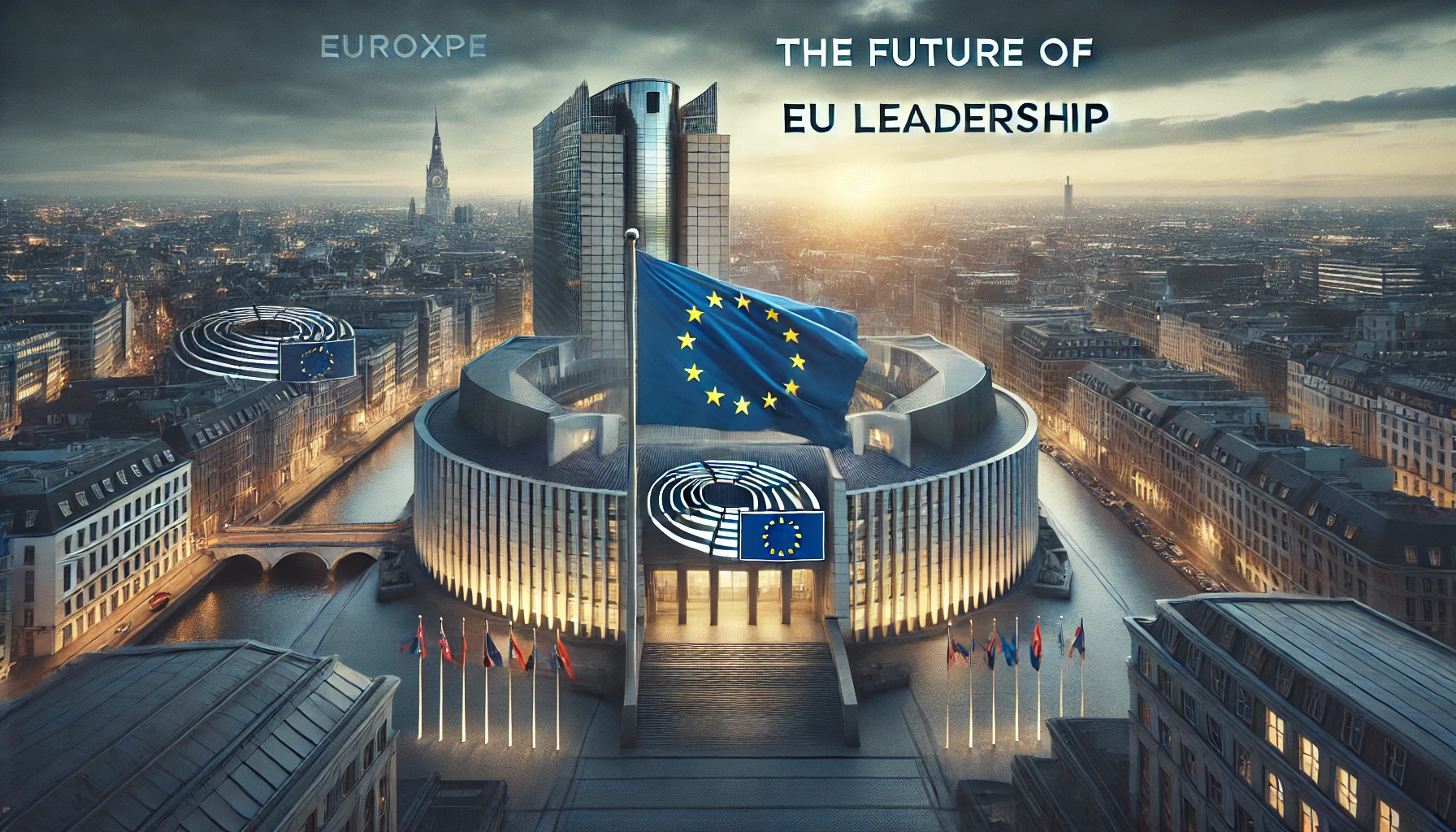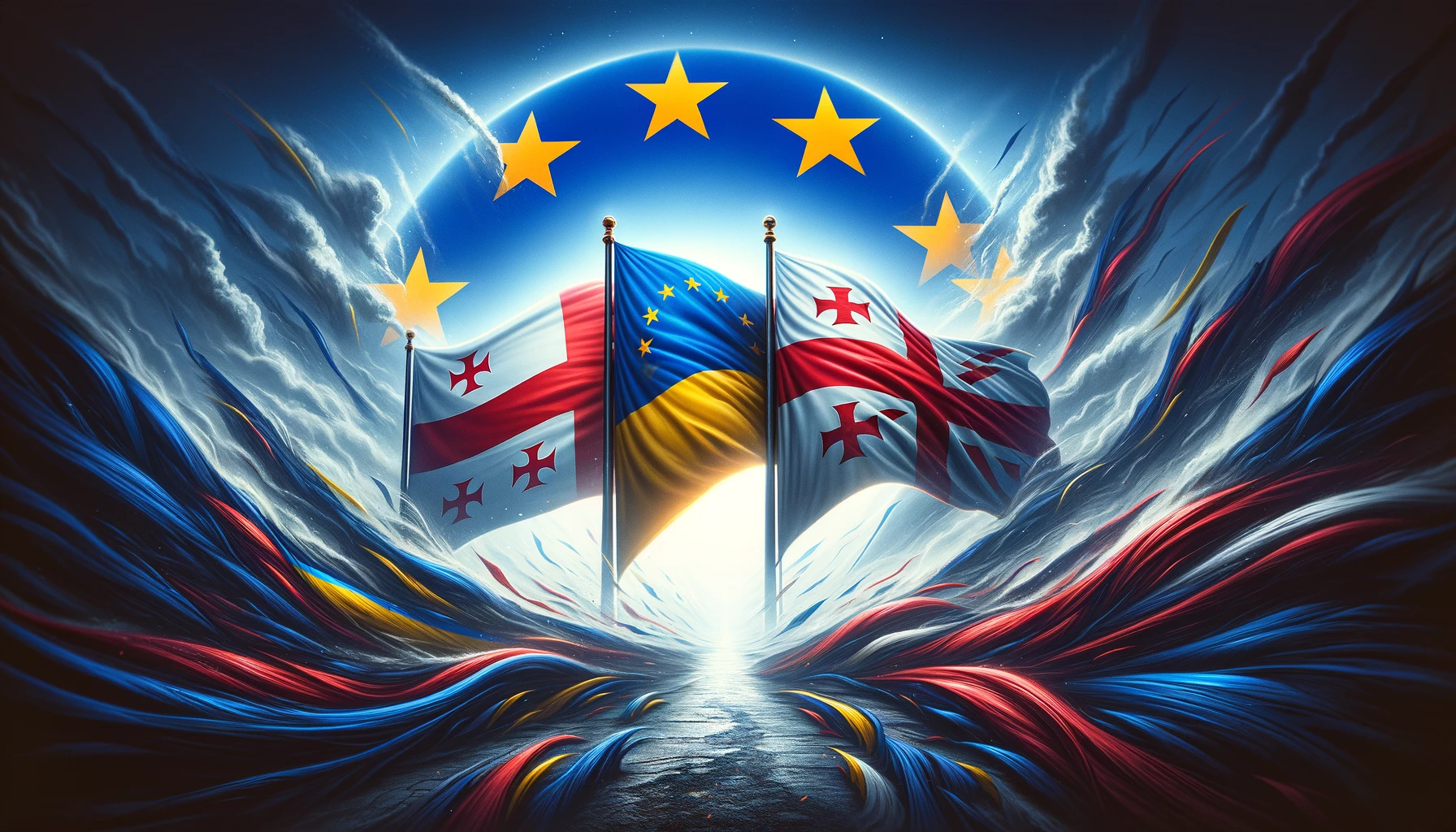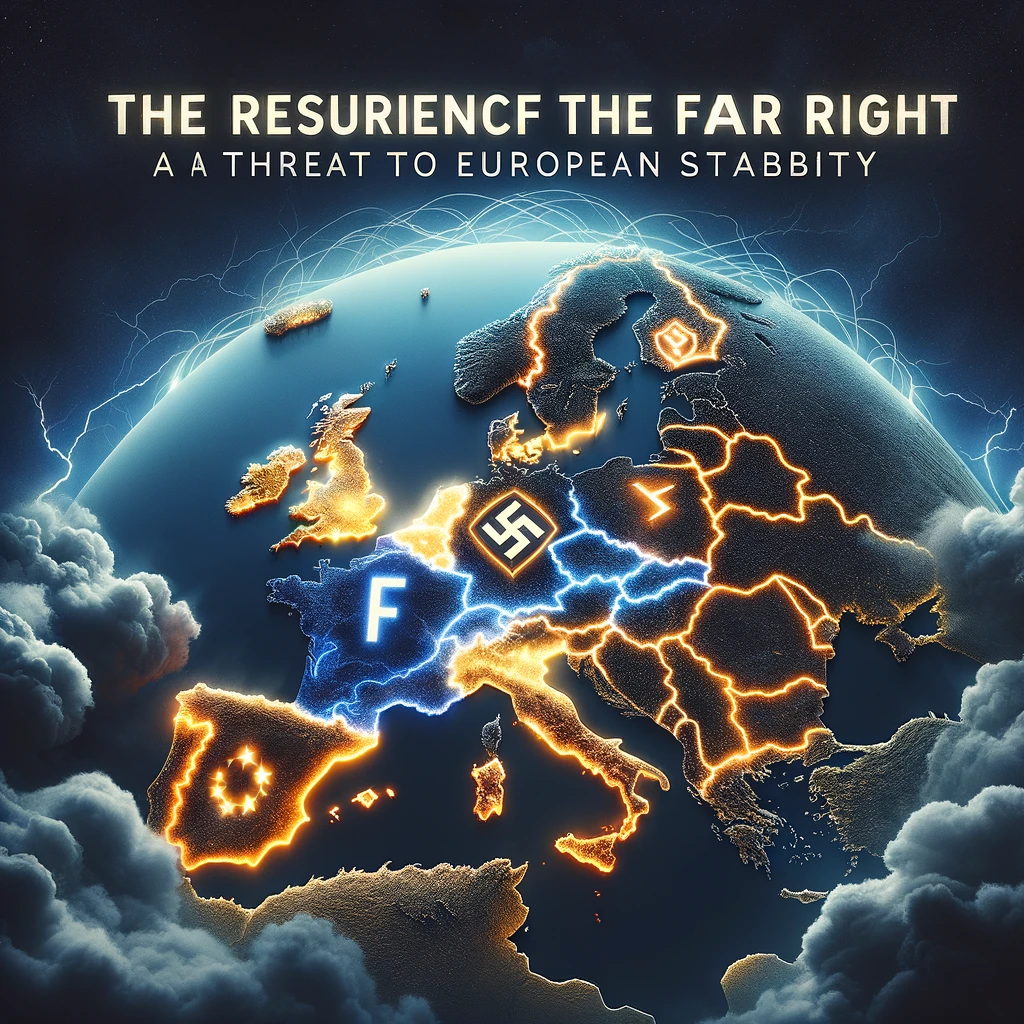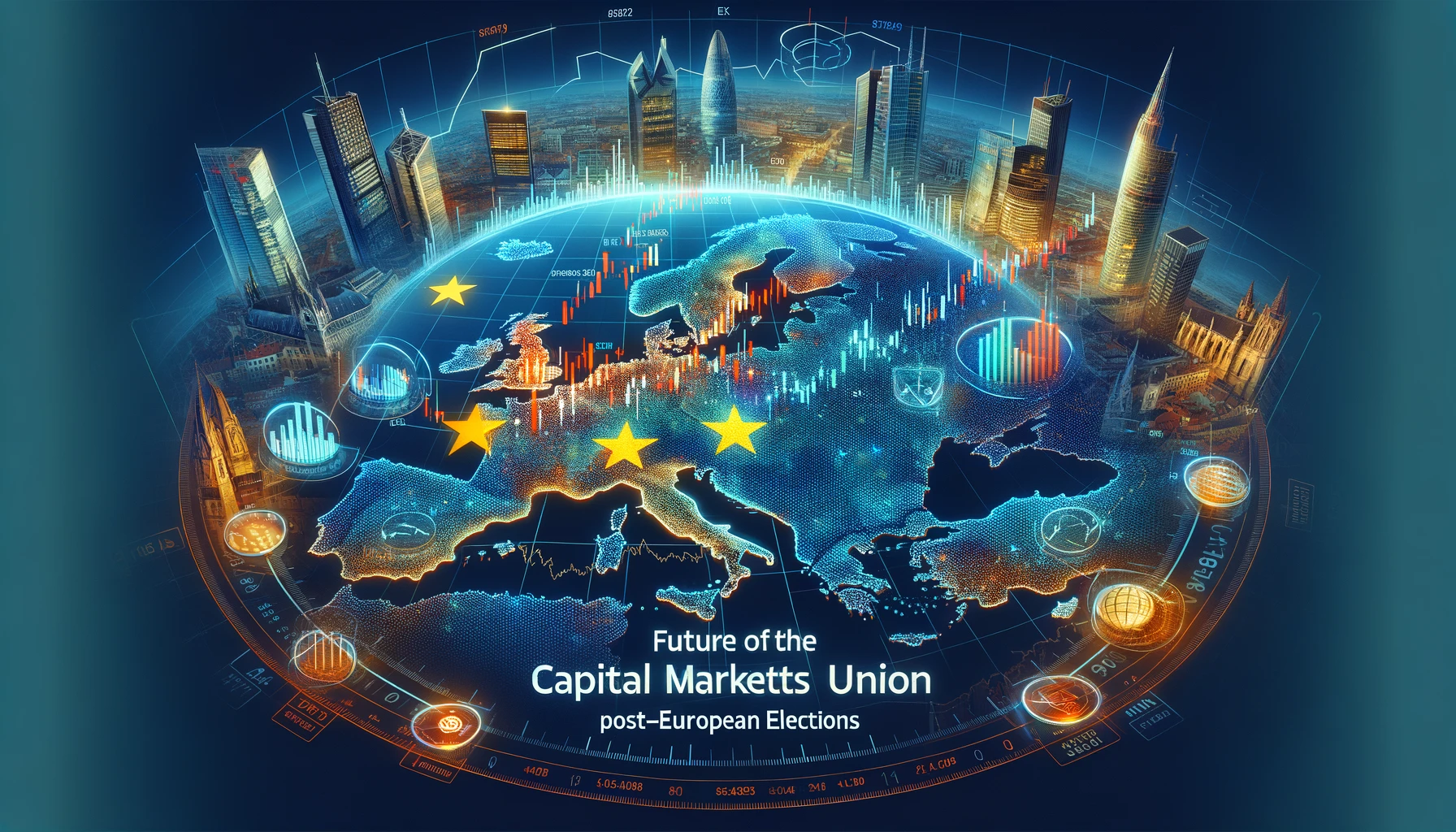The idea of a unified Europe, where diverse cultures and peoples come together under a shared set of values, has always been an alluring vision. For many, the European Union (EU) represents the culmination of this dream—a beacon of solidarity and cooperation. However, the reality for many Eastern Europeans, including Poles, Turks, Ukrainians, and others, remains far from ideal. While the EU promises equality and inclusion, many citizens from these regions continue to feel like second-class citizens within their own continent.
The story of a Polish woman, born and raised in a family that epitomizes the European ideal, is a telling example. With grandparents who were diplomats, and parents who lived across Europe, she was immersed in multiple languages and cultures from an early age. This upbringing should have positioned her as a true European citizen, fully integrated into the fabric of the continent. Yet, despite this, she continues to face discrimination and alienation.
Her journey began with excitement when Poland joined the EU in 2004. Like many of her compatriots, she believed that this step would mark a new era of belonging and acceptance in Europe. However, the reality soon proved to be less welcoming. In Germany, where she first moved as a student, she encountered doubts about whether Poland, and by extension, other Eastern European countries, truly belonged in the EU. Comments about Eastern Europeans “flooding the labour market” or being perceived as merely there to take advantage of the welfare system were common.
This sense of being unwelcome was not confined to Germany. When she later moved to the Netherlands, where she now raises her family, the stigma followed. Despite her fluency in multiple languages, including Dutch, and her professional achievements, she is still seen by many as an outsider. The discrimination extended to her children, who were discouraged from speaking their native Polish at daycare. Such experiences underscore the lingering prejudices that continue to shape attitudes towards Eastern Europeans in the West.
The challenges faced by this Polish woman are not unique. Citizens from Ukraine, Bulgaria, Moldova, Hungary, Russia, and especially Turkey, share similar stories of exclusion. Despite their countries’ contributions to the EU and the broader European community, they often feel that they are held to a different standard. This is particularly poignant for Turkey, which has spent decades in a seemingly endless bid for full EU membership. The frustration felt by Turks, who see themselves as Europeans, yet are continually kept at arm’s length, is a testament to the incomplete nature of the European project.
The discrimination faced by Eastern Europeans is not just a social issue but a significant political one. The rise of nationalist and anti-immigration parties across Europe, exemplified by the recent Dutch elections led by Geert Wilders’s party, has only exacerbated the situation. These political movements often target not just Muslims, as widely reported, but also Eastern Europeans, portraying them as a threat to national identity and stability.
In reflecting on her experiences, the Polish woman notes the bittersweet irony of celebrating the 80th anniversary of the Warsaw Uprising—a symbol of Europe’s enduring fight for freedom—while still feeling excluded from the full benefits of that freedom in today’s Europe. The dream of a unified Europe, where all citizens are equal regardless of their national origin, remains just that—a dream.
For Europe to truly realize its potential, it must confront these deep-seated issues. The strength of the continent lies in its diversity, but this diversity must be embraced rather than merely tolerated. Unity, not division, will ensure that Europe can stand strong against the challenges of the future. This means recognizing the contributions of all its citizens, whether they come from Poland, Turkey, Ukraine, or any other country on the continent. Only by doing so can the European dream be transformed into a reality for everyone.
This article is based on a piece by Olga Mecking, originally published in The Guardian. For the full story, you can read it here.
